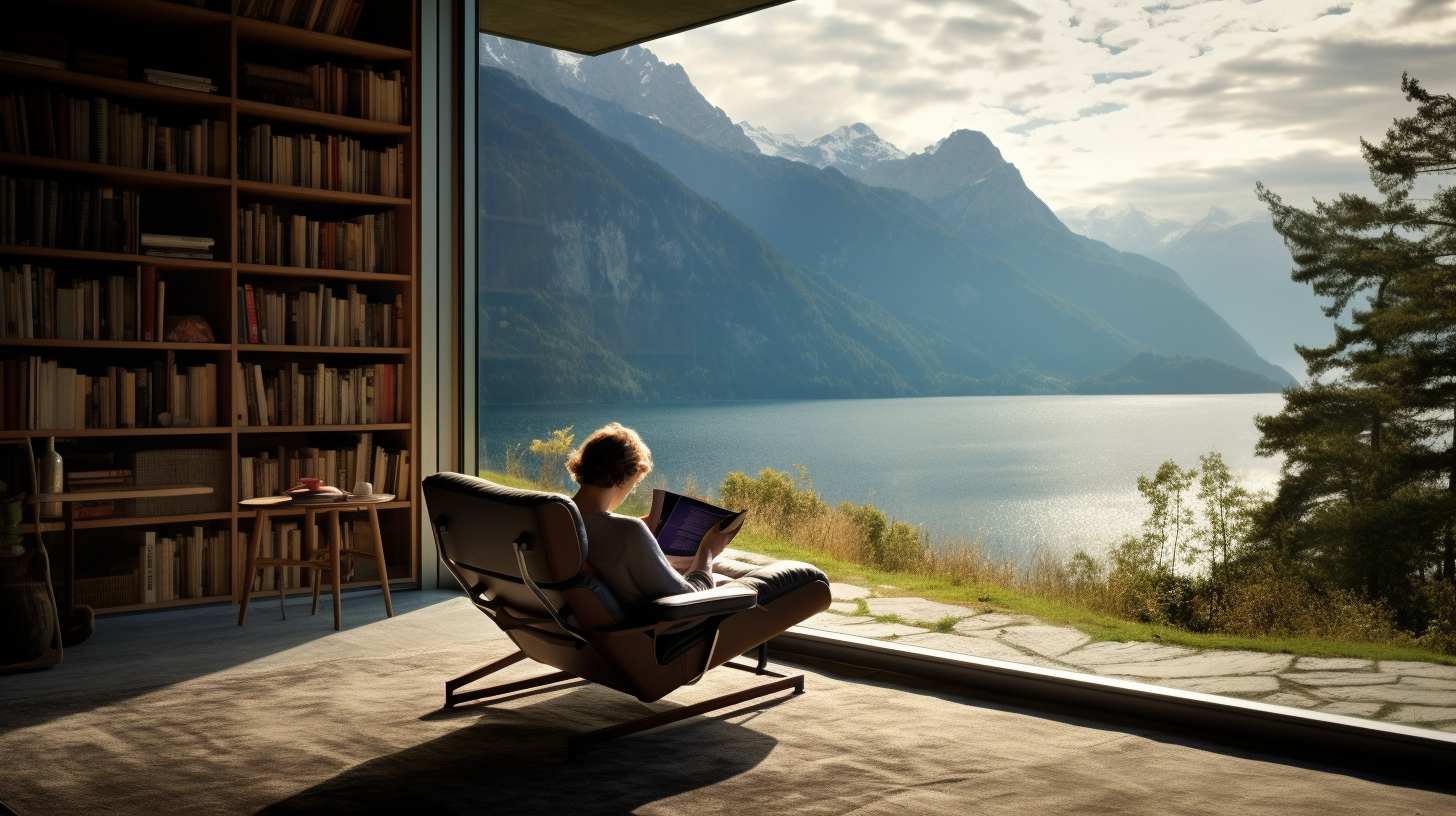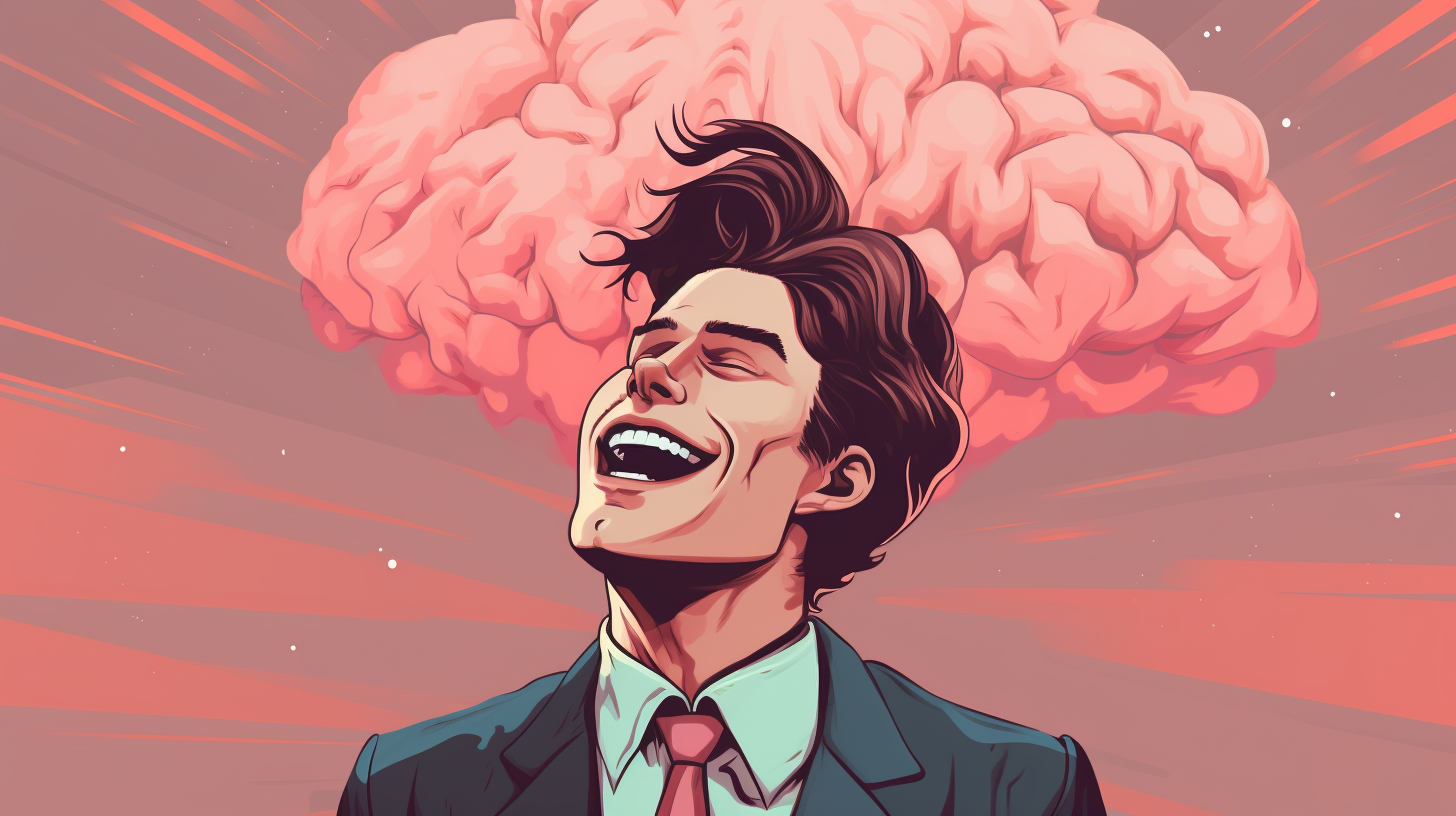When mindfulness goes wrong 🤢

“Take a deep breath”, “find your inner calm,” “channel your peace”, and so on. Mindfulness is big business. Mediation apps alone, pull in about $100 million for their owners every year.
Zoom out a little further, and the mindfulness industrial complex is a monster. When folded into the Wellness Industry, these apps are part of a $4.5 trillion behemoth. Yes, that’s “illion” with a “t”, or about triple the size of the global pharmaceutical industry. I talk a lot about the pill-producing part of our world - and its inherent problems - on my subscriber page.
We are now bombarded with the idea that we should all be zen-like in the face of, well, anything. Cost-of-living crisis? Breathe it out. Climate change? Go to yoga. Relationship falling apart? There’s an app for that.
But what if these saccharine-sweet solutions feel, well, a little disingenuous? And what if, dear reader, they end up making you feel worse? Well, that seems to be happening, right in front of our detoxed, juice cleansed eyes.
But never fear. The Brink is here to help you find a different, cheaper, less shouty way of finding contentment.
Badfullness ☠️

First of all, let’s clarify what we’re talking about here. Taking care of yourself is generally a good thing. Using proven techniques to lower stress and anxiety is also a good thing, but only if it works for you.
If it doesn’t, then there can often be a stigma or shame because you’re not “getting” all the often oversold benefits that mindfulness brings. There’s also a growing body of evidence showing mindfulness can make us feel worse.
Research has shown that at least 25% of regular meditators have experienced adverse events, from panic attacks and depression to an unsettling sense of “dissociation”. So much so there’s now a non-profit organisation called Cheetah House that offers support to ‘meditators in distress’.
Besides these more extreme reactions, overzealous meditation can even damage sleep. Among people undergoing an eight-week mindfulness course, those who meditated for more than 30 minutes a day, five days a week, tended to have worse sleep quality than those who spent less time in mindful contemplation. But there’s also a softer impact, too.
The language around mindfulness is tinged with a type of positivity that is designed to make it feel like your anxiety is easily solved. And if you can’t solve it, you’re not doing it hard enough. The solution? You should do it more.
📣📣 PSA: I’ve got a cracking subscriber-only story on the history of wellness over on The Brink coming up, subscribe to get it right in your inbox.📣📣
There’s also an idea that in order for us to become happy, we have to be “in” the moment and nowhere else. Even if that moment more closely resembles a complete dumpster fire than a beach in Bali. Mindfulness says no to the past, no to the future, and expects you to be locked in the eternal present. But should you?
Goodness 💆

In therapy, one of the key components of change is helping clients be able to move between the past, the present, and the future when they like to.
One of the things that makes our brains so brilliant, and us by association is that we can step outside whatever is happening to us right now, and give it a different context and significance. Being trapped in the permanent present doesn’t give us that. Take my dog, for example. She’s great, but ask her what she’s going to do this weekend and she’ll just look at me, blankly. She can’t live outside the present.
Our happiness does not come from our experience of the right now, but from the stories we connect to these moments with what has happened, and what might happen in future.
Find your own mind(fulness) 🧠

Now that we’ve roundly hounded mindfulness out the door, it’s time to invite some bits back in. When we talk about mindfulness, we’re really talking about the practice of being conscious of one’s present thoughts, feelings, bodily sensations and/or surrounding environment and doing so without judgment.
Now, many people have tried to package that idea into something you can only access through their app, their mushroom tea, or their 12-times-a-week minimum pilates boot camp. Thankfully, this isn’t so.
To be mindful has been something people have done forever. It’s just our understanding of it has become weirdly attached to buying or belonging to things. The truth is, taking a walk, reading a book, cooking, gardening or drinking scotch, and staring out of a window are all acts that allow us to be aware of our world, without feeling the need to do much about it.
In essence, find your own mindfulness. You don’t need to pay someone to tell you how you to feel better, you already have that knowledge within you.
Things we learned this week 🤓
- 🤔 MDMA and Ketamine therapy is all the rage with couples.
- 🤷 How to boost your psychological immune system
- 💏 How small acts of kindness became a TikTok phenomenon.
- 🧑 🏫 Heading back to school? Here’s how to help kids deal with the pre-school jitters
What you should do this week 📅
Become a member! This is the free version of The Brink, but there is a secret, extra special version that has things like:
- 🎤 Podcasts
- 📹 Video
- 🙋 AMAs - Ask me Anything and I’ll make a video an article for you to cut out and keep.
- 💆 Proper, researched ways of alleviating stress and anxiety.
It’s only $5 a month, or $50 for the year, which is 17% less than doing it monthly I’ve been told. What are you waiting for? Head here and click the "subscribe button".
I love you all. 💋





